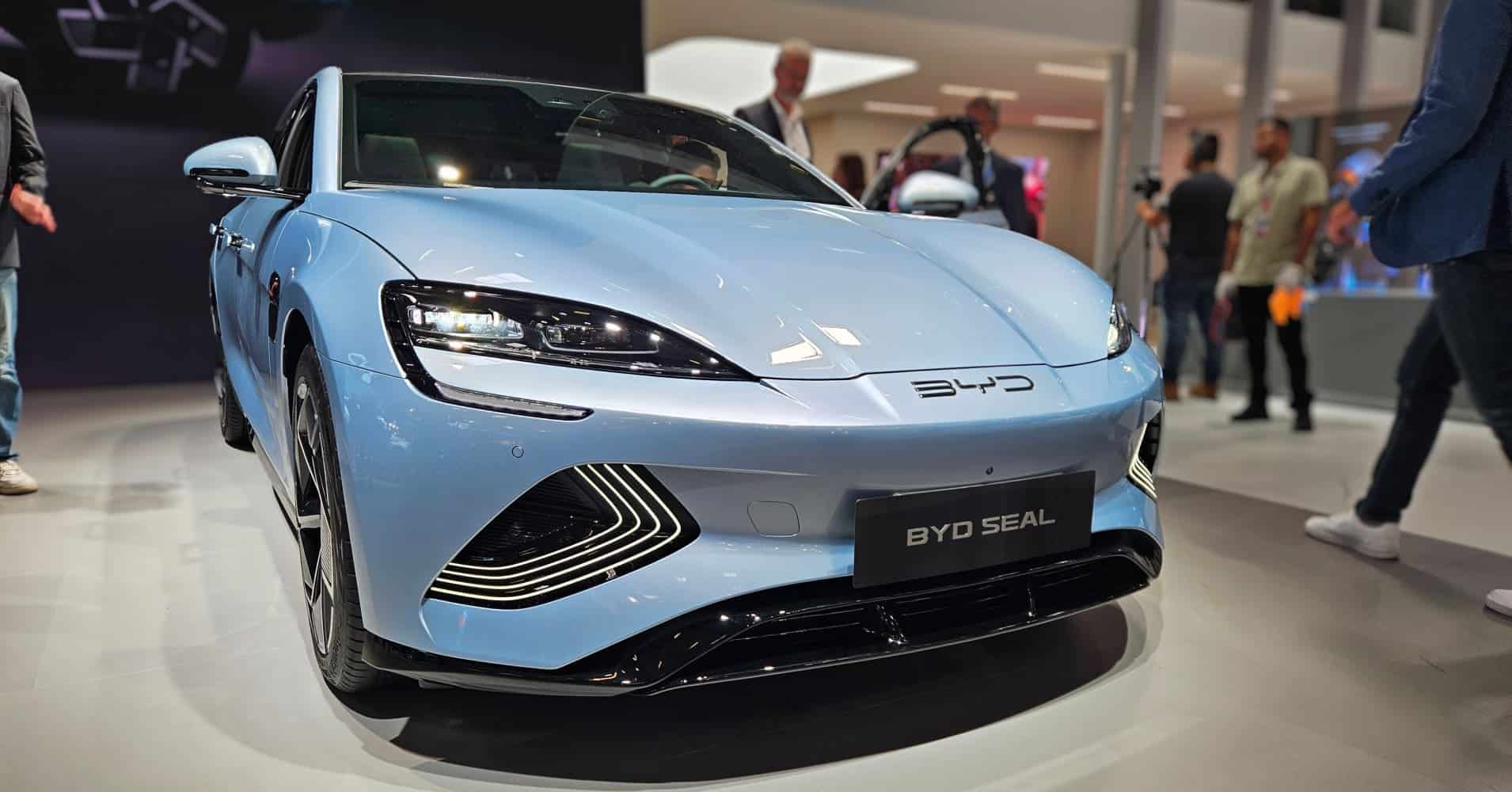Biden Administration Finalizes Crackdown on Chinese Vehicles

Quick Takeaways
- The U.S. is implementing new rules to block almost all Chinese-made cars and trucks due to national security concerns.
- Starting in 2027, Chinese software in vehicles will be banned, with hardware bans coming in 2029.
- Chinese automakers will also be barred from testing self-driving cars on U.S. roads.
- Heavy-duty vehicles (over 10,000 pounds) like electric buses are exempt, allowing companies like BYD to keep producing in the U.S.
- Automakers like GM and Ford might still import certain Chinese-made vehicles if the software predates the ban and isn’t maintained by a Chinese company.
- The incoming Trump administration may further tighten or adjust these restrictions, possibly encouraging Chinese automakers to build vehicles in the U.S. instead of importing them.
Why Is the U.S. Banning Chinese Cars?
It all comes down to concerns about national security. Commerce Secretary Gina Raimondo explained it pretty bluntly: “We don’t want two million Chinese cars on the road and then realize … we have a threat.” The government is worried that the software and hardware in these vehicles could be used for spying or cyberattacks.
This isn’t an isolated issue. The U.S. has already slapped higher tariffs on Chinese EV imports.
What the New Rules Say
The rules are targeting connected cars—those high-tech vehicles that rely on software to run everything from GPS to entertainment. Here’s what’s happening:
- Software Ban: Starting with 2027 models, Chinese software in cars will be a no-go.
- Hardware Ban: By 2029, the U.S. will also block key Chinese hardware in vehicles.
- Self-Driving Tests: Chinese companies won’t be allowed to test autonomous vehicles on U.S. roads.
- Exemptions: Larger vehicles like electric buses and trucks (anything over 10,000 pounds) are exempt, which means Chinese company BYD can keep making electric buses in California.
How Are Automakers Reacting?
This is shaking things up for a lot of global car brands. Companies like GM, Ford, Toyota, and Volkswagen asked for more time to adjust to the hardware bans, but they didn’t get it.
Polestar—a Swedish brand owned by China’s Geely—has been vocal about the impact. They’ve said these rules would basically block them from selling their cars in the U.S. entirely. Whether they’ll get a special exception to keep operating is still up in the air.
What About Chinese Car Companies?
Interestingly, the door isn’t entirely shut for Chinese automakers. There’s a small loophole: if the software in their cars was developed before the new rules and isn’t maintained by a Chinese company, some imports might still be allowed.
Plus, there’s a possibility for Chinese automakers to build cars in the U.S. instead of importing them. President-elect Trump, who’s set to take office soon, has hinted he’s open to that idea.
What It Means for EVs and Rivian
For U.S.-based companies like Rivian, this could be a double-edged sword. On the one hand, limiting Chinese imports means less competition. On the other hand, it could get tougher to source affordable components if suppliers are affected by these restrictions.
There’s also a bigger picture here: the U.S. wants to reduce its reliance on Chinese technology across the board, especially in the EV market. Earlier this month, the government added Chinese battery giant CATL to a list of companies accused of helping China’s military, signaling more restrictions in the future.
What Happens Next?
As Trump’s new administration takes over, we’ll see whether they stick to these rules or make changes. Since Trump has been vocal about restricting Chinese imports in the past, he might take an even tougher stance—or give Chinese companies an incentive to build factories here in the U.S.
Either way, these changes will impact everything from the cars that are available in showrooms to what happens in the EV market over the next few years.
Source: Reuters
